Rausser College of Natural Resources is excited to welcome seven faculty members this year. Their research and outreach expertise spans a variety of topics including environmental and resource economics, molecular biology, ecosystem dynamics, and global change.
We look forward to their contributions to our community. Welcome to Rausser College!
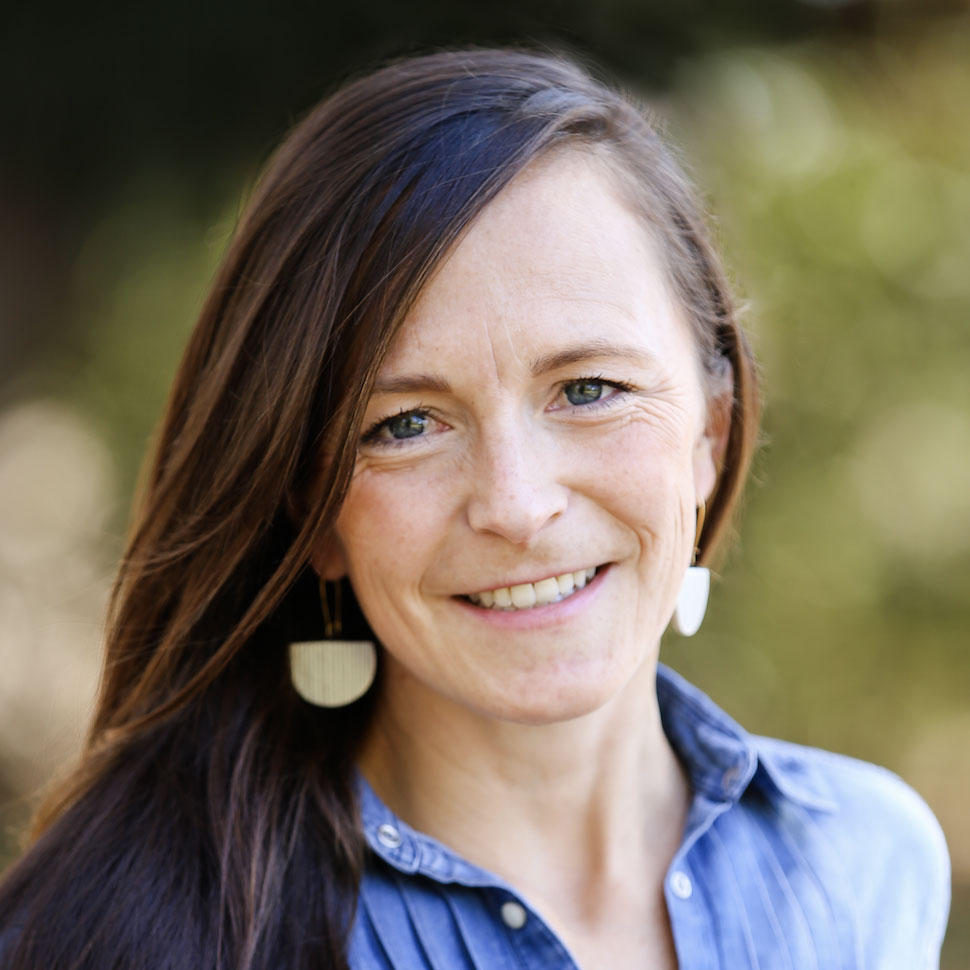
Tamma Carleton
Assistant Professor, Agricultural and Resource Economics
Environmental and resource economist Tamma Carleton’s research combines economics with datasets and methodologies from remote sensing, data science, and climate science to quantify how environmental change and economic development shape one another. Her work focuses on climate change, water scarcity, air pollution, and the use of remote sensing for global-scale environmental and socioeconomic monitoring. She is an active member of the Climate Impact Lab, a interdisciplinary group conducting data-driven global assessments of climate change impacts.
Carleton earned a PhD in Agricultural & Resource Economics at UC Berkeley in 2018. She joins the College from the Bren School of Environmental Science and Management at UC Santa Barbara, where she was an assistant professor and directs the Climate and Energy Program at the Environmental Markets Lab. She is a research affiliate of the UC Berkeley Center for Effective Global Action, a third-generation Beijer Young Scholar, a Rhodes Scholar, and a faculty research fellow at the National Bureau of Economic Research. She also serves as a standing committee member of the Environmental Health Matters Initiative of the National Academy of Sciences.
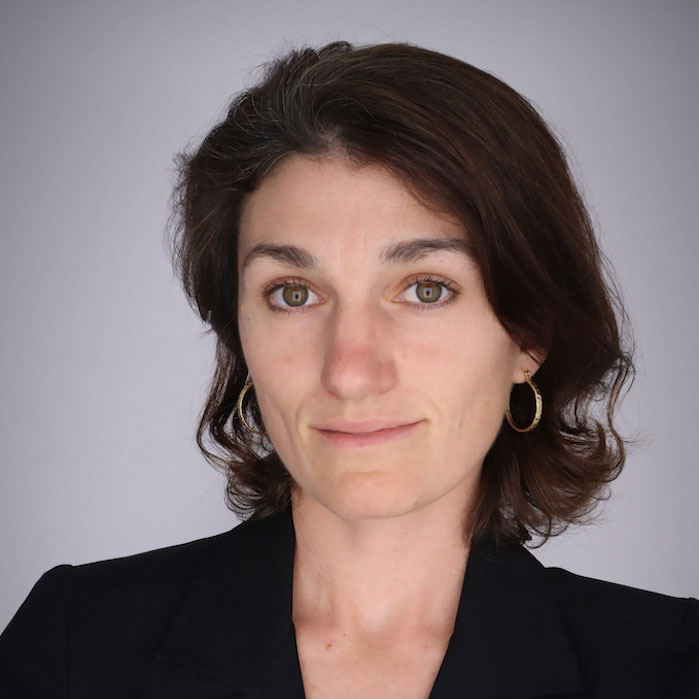
Rachel Carlson
Assistant Professor, Environmental Science, Policy, and Management
Rachel Carlson is an interdisciplinary coastal ecologist who studies the effects of climate change on nearshore organisms and human livelihoods. Her research combines approaches from spatial ecology and ocean governance to identify just and equitable strategies for increasing coastal resilience under climate change. As an advocate for community-engaged research, Carlson believes that research has a responsibility to address societal needs. She has worked with government agencies in Sénégal, Ireland, the Northern Mariana Islands, and communities across the United States.
Carlson joins ESPM from UC Davis, where she was a Chancellor's Postdoctoral Fellow in the Bodega Marine Lab. She earned a PhD in Environment and Resources at Stanford University, where she conducted research on coral resilience to heatwaves. She previously led multi-agency partnerships and conducted geospatial analysis to combat flood risk and harmful algal blooms for the US Environmental Protection Agency, earning an agency Gold Medal for Exceptional Service.
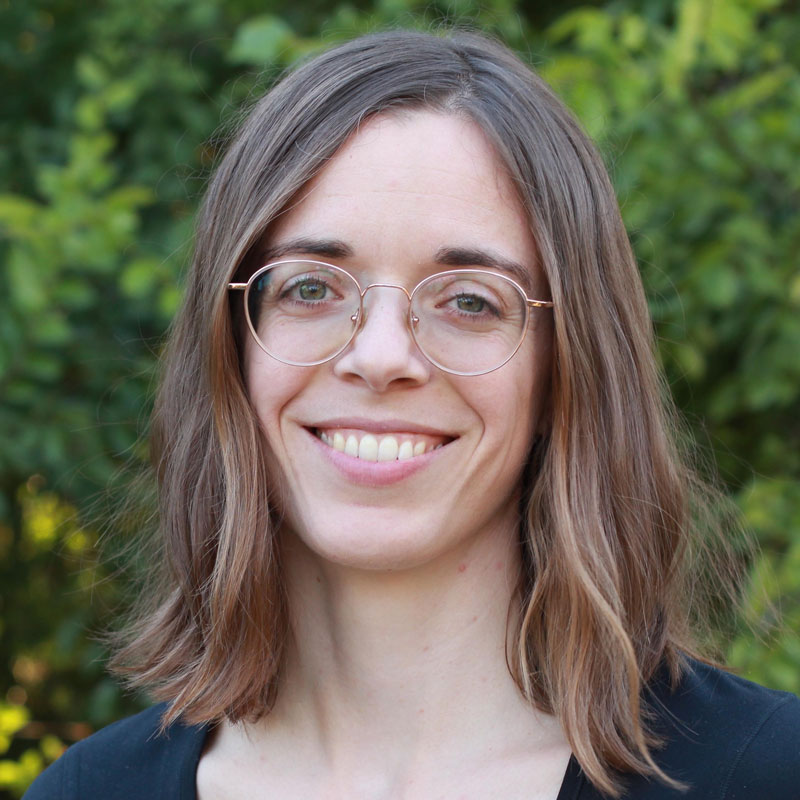
Patricia Lang
Assistant Professor, Plant and Microbial Biology
Patricia Lang is a molecular biologist whose research focuses on understanding how plants have adapted to climate change over the past 250 years. Her lab tracks historical changes in plant development by combining methods and data from herbaria—collections of preserved plant specimens—ancient DNA sequencing, and population genetics with modern molecular biology tools. She believes that knowing how plant species have previously adapted to a warming climate will be crucial for understanding future developmental mechanisms of climate resilience.
Lang joined the Department of Plant and Microbial Biology in January 2024. She earned a PhD in biochemistry from the Max Planck Institute for Biology in Tübingen, Germany, and most recently conducted postdoctoral research in the lab of Stanford University professor Dominique Bergmann. Lang has a strong passion for science communication and has previously interned at German news outlets Die ZEIT and Schwaebisches Tagblatt.
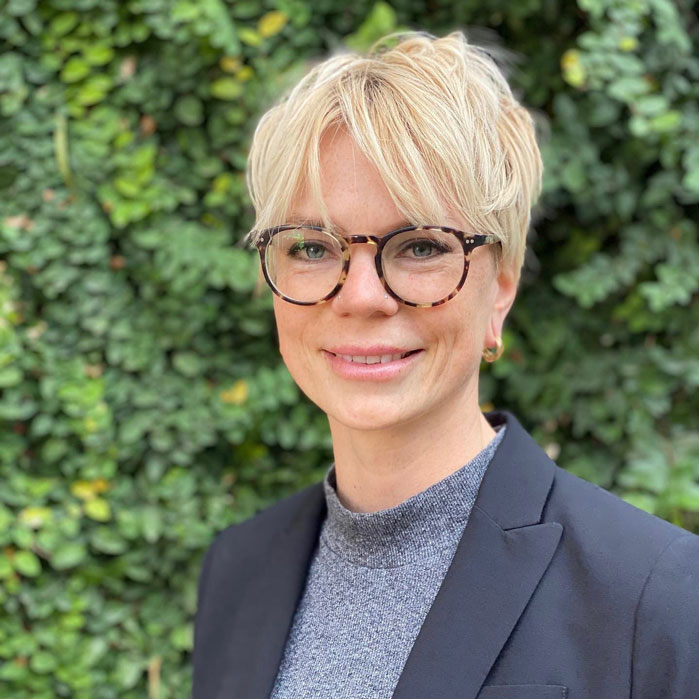
Lotus Lofgren
Assistant Professor, Plant and Microbial Biology
Ecologist Lotus Lofgren leverages genomics, bioinformatics, and molecular approaches to study the mechanisms of fungal interactions. From old-growth forests to the human body, fungi interact in some way with every species on Earth; they can be deadly pathogens or form an essential mutualistic symbiosis with their hosts. Lofgren’s lab will study how these interactions are formed, maintained, and broken through the production and exchange of infochemicals, nutrients, and toxins.
Lofgren will join the Department of Plant and Microbial Biology in January 2025. She earned her PhD at the University of Minnesota and conducted postdoctoral training at both UC Riverside and Duke University. She has a passion for increasing diversity in STEM, inclusive pedagogy, mentorship, and science communication. Outside the lab, Lofgren is an avid science illustrator, cyclist, gardener, and collector of mushrooms, insects, and punk music.
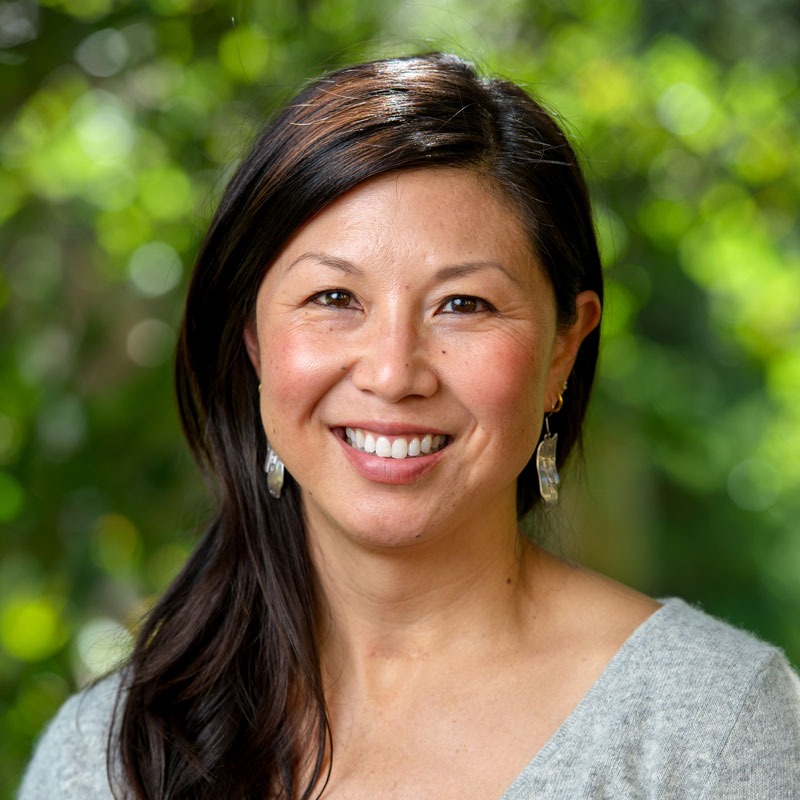
Stephanie Pau
Associate Professor, Environmental Science, Policy, and Management
Stephanie Pau investigates how climate change impacts terrestrial ecosystems and the role of biodiversity and plant traits in ecosystem functions. Much of her work blends remote sensing data from satellites, drones, or mounted cameras with intensive field measurements and statistical modeling. Her past research has explored the health of tropical tree canopies, the impact of Hurricane Michael on longleaf pine savannas, and the hyperspectral reflectance of grass evolutionary lineages.
Pau joined UC Berkeley in January 2024 as an associate professor in the Departments of Environmental Science, Policy, and Management (ESPM) and Geography. She was previously a faculty member and associate dean for research at Florida State University’s College of Social Sciences and Public Policy. Her work has been supported by the National Science Foundation, National Aeronautics and Space Administration, National Geographic Society, and other organizations.
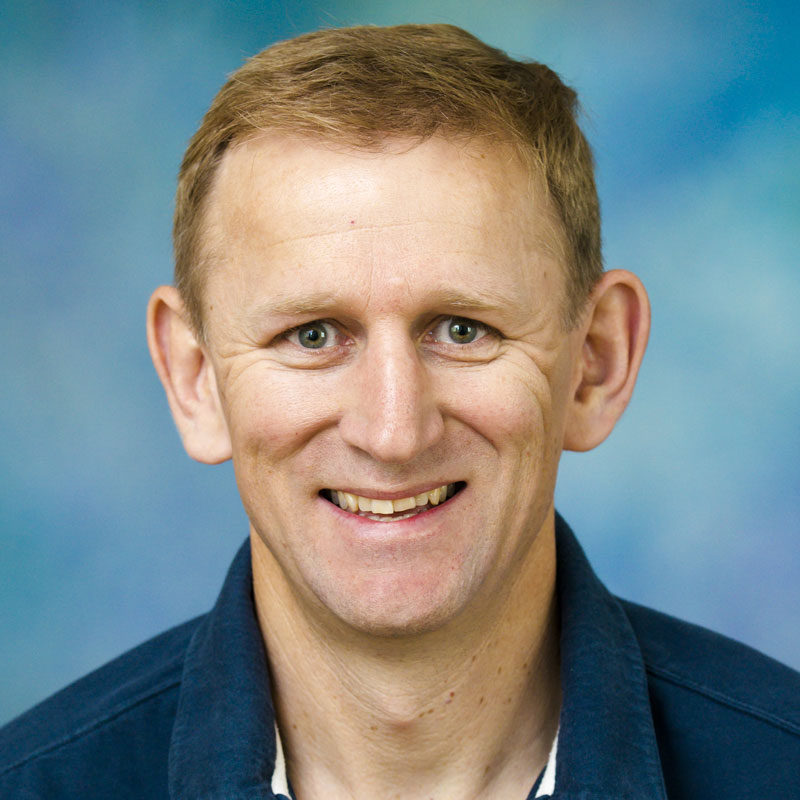
Aaron Smith
Gordon Rausser Distinguished Professor, Agricultural and Resource Economics
Economist Aaron Smith’s research addresses economic and policy challenges related to agriculture, energy, and the environment. He has published over 50 papers in refereed journals, including outlets such as the Review of Economics and Statistics, the Journal of Econometrics, the American Journal of Agricultural Economics, and Proceedings of the National Academy of Sciences. He also serves as cluster lead for socioeconomics and ethics at the AI Institute for Next Generation Food Systems, a collaborative research institute that aims to bring artificial intelligence technology to the entire food system—from crop breeding and farming to food production and nutrition.
Smith joins UC Berkeley as the inaugural Gordon Rausser Distinguished Chair in Agricultural and Resource Economics, an endowed chair created in 2020 as part of a landmark gift from former dean Gordon Rausser. Smith was previously the DeLoach Professor of Agricultural Economics at UC Davis, where he taught from 2001-2024. He writes regularly on Ag Data News, a blog he started in May 2020 that analyzes agricultural issues through the lens of data.
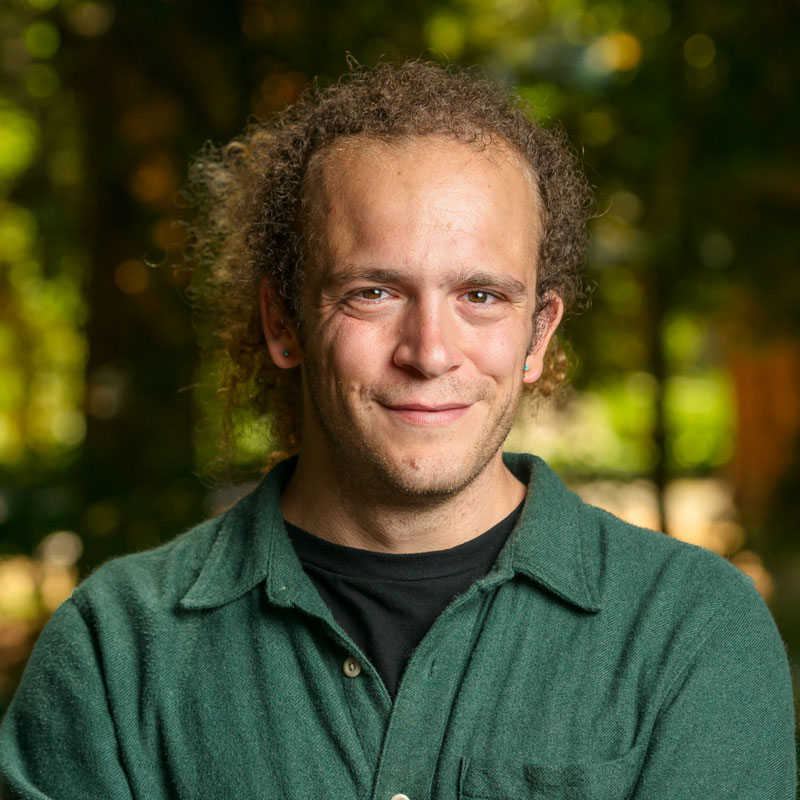
Lucas Vargas Zeppetello
Assistant Professor, Environmental Science, Policy, and Management
Lucas Vargas Zeppetello’s research focuses on the relationships between water, energy, and carbon at Earth's land surface. His lab studies the processes that give rise to natural temperature variability on timescales ranging from days to seasons to decades; how global change will impact global water resources; and how climate change affects the long-term fate of the terrestrial carbon cycle. He has previously contributed to scientific understanding of the origin of heat waves, the relationship between soil moisture and temperature, and how the summertime climate will be impacted by global warming.
Vargas Zeppetello joined the College in January 2024 as an assistant professor in ESPM. He was previously an environmental fellow at the Harvard University Center for the Environment, where his research focused on understanding the relationship between novel soil moisture observations, ecosystem dynamics, and land surface climate variability. He completed his PhD in atmospheric science at the University of Washington in 2021.
